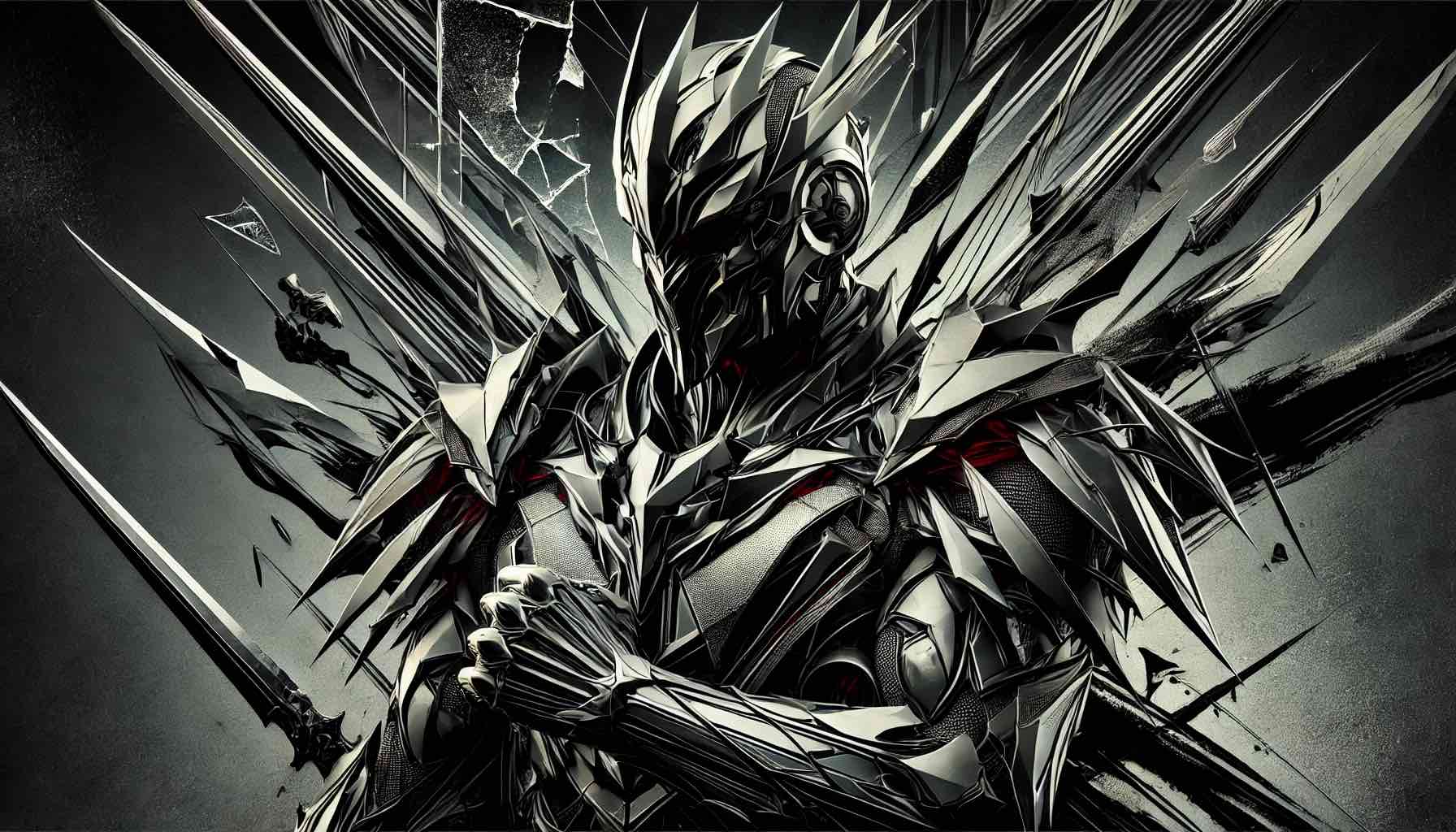I made my greatest discovery at the age of 40.
It wasn’t a piece of gold hidden in my backyard or a revelation about my lineage.
Instead, I uncovered a deeper truth: deep inside, I was inherently cynical. I realised there was a constant voice in my head that criticised and denigrated the world and many people around me:
“That person is really successful, but success is a selfish thing.” “That colleague is really knowledgeable but lacks proper social skills.” “The world is a deeply flawed place anyway, so whatever remarkable anyone does is pretty much in vain.”
THIS is the voice of the cynic.
I can’t pinpoint why it took me so long to discover it—it was always there during the better years of my adulthood. But once I did, I could no longer ignore it. I even gave it a name:
Shredder, inspired by the villain from Teenage Mutant Ninja Turtles.
Why Shredder? Because it shredded nearly everyone and everything into pieces—including myself.
Cynicism can be a better position than naivety. If you’re naive, chances are you might be taken advantage of, as the world isn’t all sunshine and rainbows. Cynicism serves as a defense against the malevolence and threats of the world. However, dwelling in cynicism can lead to bitterness and a loss of faith.
For Leaders and Owners:
In life and at work, we often face a fork in the road, forcing us to choose between two fundamental beliefs:
World is Fatally Flawed: This perspective taints everything around you—your company, employees, partners, community—allowing you to deflect personal responsibility: “It is all meaningless and in vain anyway, so to hell with it all!” one might end up saying! You can blame external factors like the economy, market conditions, or competitors for your shortcomings and failures.
World is Imperfect but Repairable: This belief empowers you to become an agent of change, striving to improve and strengthen the intricate matrix of your business and personal life.
How the scale tilts is largely a matter of faith.
Choosing the former route means you can always deflect personal responsibility. Choosing the latter means you can become an agent of betterment, setting things straight and strengthening the crooked lines in the complicated matrix of your life and organisation.
Which route are you taking?
Have a productive week ahead! As usual, I look forward to your comments below!
Philippos


